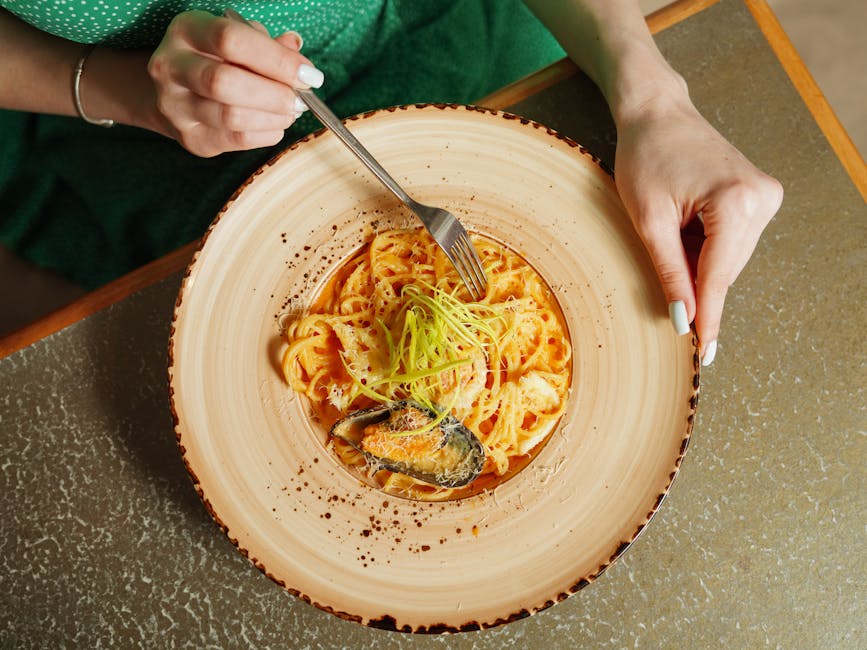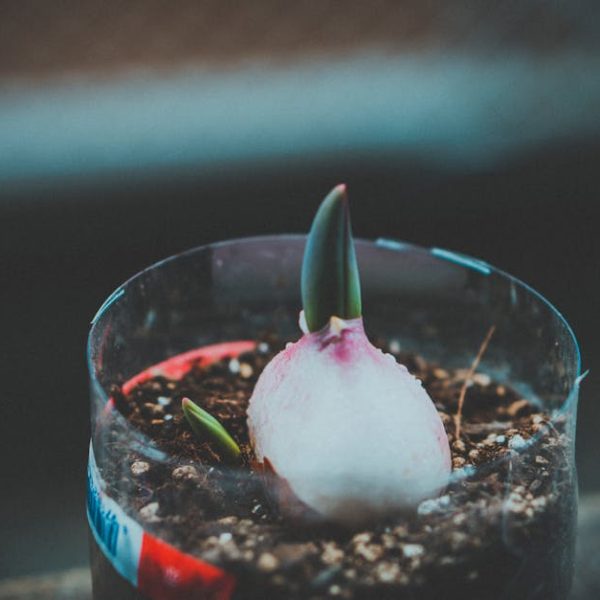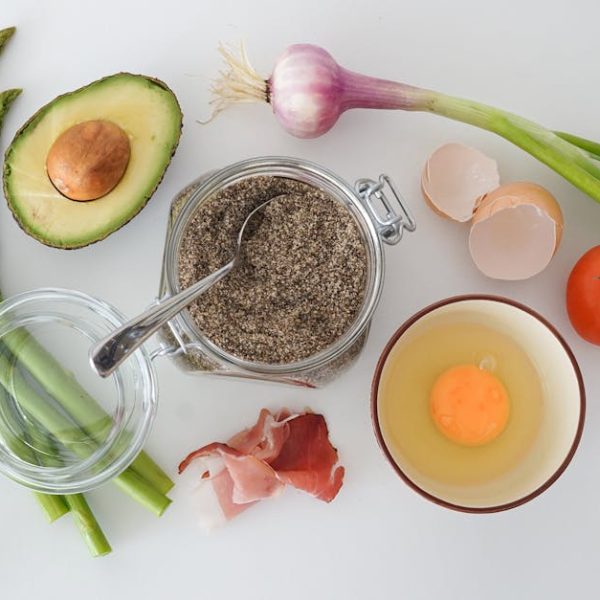Zucchini, a summer squash variety, is known for its crisp texture and mild flavor that melds well with a multitude of dishes. Its versatility, however, can lead to an overabundance in our kitchens, raising questions about its shelf life. This article ventures into the matter by comprehending the freshness indicators, proper storage methods, potential dangers of consuming spoiled zucchini, comparison of different zucchini’s shelf lives, and ways to fully utilize the vegetable before it spoils.
Understanding Zucchini’s Freshness Indicators
Determining zucchini’s freshness is crucial to prevent consumption of spoiled or rotting produce. Fresh zucchini exhibit a bright green color, but as they start to degrade, they may develop a dull appearance. Texture plays a significant role as well—healthy zucchinis have a firm and glossy skin free of cuts and blemishes. Upon further aging, they can become shriveled and soft, distinctly losing their firmness.
Your olfactory senses can also aid in gauging zucchini’s freshness. A ripe zucchini would have a faint vegetal aroma, while spoiled ones can emit an unpleasant, sour smell due to bacterial or fungal infestations. Here’s a simple table that juxtaposes the signs of fresh versus spoiled zucchinis:
| Signs | Fresh Zucchini | Spoiled Zucchini |
|---|---|---|
| Color | Bright Green | Dull or Yellowish |
| Texture | Firm and Glossy | Soft or Shriveled |
| Smell | Vegetal | Unpleasant or Sour |
Proper Storage: Methods to Prolong Zucchini Shelf Life
Enhancing zucchini’s shelf life requires apt storage considerations. Refrigeration can prove beneficial, since zucchinis are best stored at temperatures between 35 to 50 degrees Fahrenheit. Utilizing perforated or breathable bags can help, as they reduce moisture accumulation, thereby deterring spoilage mechanisms. However, it is critical to keep zucchinis away from certain fruits like bananas and apples that emit ethylene gas, which can hastily mature and spoil them. Here are some pro tips for maximizing your zucchini’s freshness:
- Store zucchinis unwashed in the crisper drawer of your refrigerator.
- Use plastic bags with holes, promoting airflow and reducing rot risk.
- Keep them away from ethylene-producing fruits to prevent premature ripening.
- Check periodically for spoilage signs and discard any rotten ones to prevent others from getting spoiled.
Proper storage can combat spoilage, extending the zucchini’s usability and storage life.
Potential Dangers of Consuming Spoiled Zucchini
Consuming spoiled zucchini isn’t just about unpleasant tastes and textures – it can pose serious health risks as well. The presence of harmful microorganisms like bacteria and mold in spoiled zucchini can lead to foodborne illnesses, commonly associated with symptoms such as vomiting, diarrhea, abdominal pain, and, in severe cases, fever. It is unequivocally essential to ensure that your zucchini is fresh before including it into your meals.
Risking your health over a piece of spoiled zucchini is not worth it. Remember, when in doubt, it is always safer to throw it out.
Differences in Shelf Life: Fresh, Cooked, and Frozen Zucchini
The manner in which you store zucchini has a substantial impact on its longevity. Fresh zucchinis, when stored properly, can last for approximately 1 to 2 weeks. Cooked zucchini, however, when refrigerated, can remain fresh for up to a week. Meanwhile, frozen zucchinis can amazingly last for up to 8 to 10 months, giving you the benefit of enjoying this versatile staple throughout the year.
Here’s how different methods affect their shelf life:
| Fresh Zucchini | Cooked Zucchini | Frozen Zucchini | |
|---|---|---|---|
| Shelf Life | 1 to 2 Weeks | 1 Week | 8 to 10 Months |
Helpful Tips to Fully Utilize Zucchini Before It Spoils
If you find yourself with a surplus of zucchinis, there are smart ways to utilize them before they go bad. For instance:
- Amp up your recipes: Zucchini can be a great addition to a variety of dishes like soups, salads, stir-fries, and even baked goods!
- Make zucchini noodles: A healthy, low-carb alternative to regular pasta.
- Preserve by pickling: Relish the tangy flavor of pickled zucchinis in your sandwiches or salads.
- Freeze for later: Slice, blanch, and freeze your zucchinis to extend their life and enjoy them out-of-season.
With these tips and knowledge, you should be well-equipped to manage your zucchini’s shelf life effectively. Not only will this minimize food waste, but it also ensures that you reap the maximum benefits and enjoyment from this nutritive, versatile veggie. Remember – the key to good health starts with safe and fresh food!
Key Takeaway:
- Zucchini freshness can be identified through its color, firmness, smell, and skin texture.
- Proper storage such as refrigeration and a perforated bag can increase zucchini’s shelf life.
- Consuming spoiled zucchini can cause serious health issues, including food poisoning.
- Fresh, cooked, and frozen zucchini each have different shelf lives, and proper storing can prolong their usability.
- Utilizing zucchini in various dishes or preserving it through pickling or freezing are practical ways to ensure it’s fully used up before spoiling.
Although dealing with perishable veggies can be challenging, remember that proper storage and regular check-ups can significantly prolong their shelf life. Plus, cooking or freezing zucchini not only extends its life but also offers a chance to explore new recipes. So, keep experimenting and enjoy the delicious versatility of zucchini!
FAQs
Q: Can I still eat zucchini with a few blemishes or soft spots?
A: While a few blemishes or soft spots don’t necessarily mean that the zucchini has spoiled, we advise you to cut off these areas before cooking. Nonetheless, if the zucchini appears to be excessively soft or has a foul smell, it’s safer to discard it.
Q: How does freezing affect the texture and taste of zucchini?
A: Freezing can alter the texture of zucchini, making it softer once thawed, which might be suitable for soups, casseroles, and sauces. However, it generally retains its taste even after freezing.
Q: I accidentally ate a bit of spoiled zucchini. What should I do?
A: If you’ve consumed a small amount of spoiled zucchini, you may not need to worry too much. However, if you start to experience symptoms like vomiting, diarrhea, or abdominal pain, it’s best to seek medical attention immediately.
Q: Are zucchini skins edible?
A: Absolutely! Zucchini skins are not just edible but also filled with nutrients. However, make sure to wash them properly to remove any dirt or residual pesticides.
Q: Does cutting zucchini shorten its shelf life?
A: Yes, cutting zucchini exposes it to air and bacteria, which may speed up the spoiling process. Therefore, it is advised to cut zucchini only right before you plan on using it.
We encourage you to share this article if it has proved helpful to you, and explore our website for more food safety tips and tricks.






